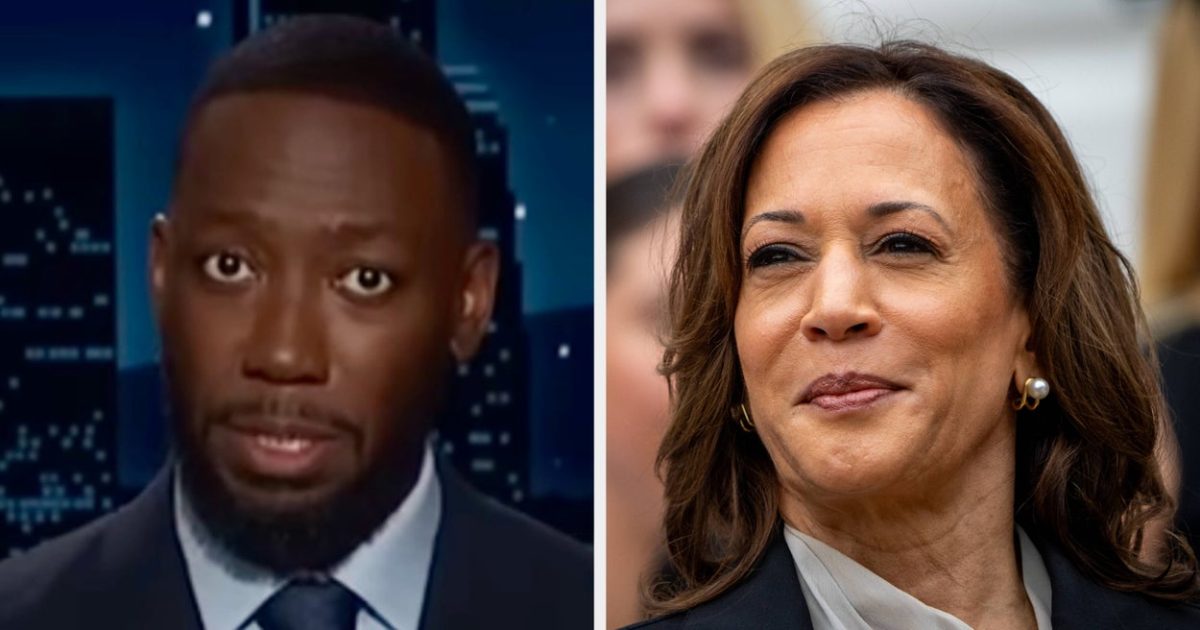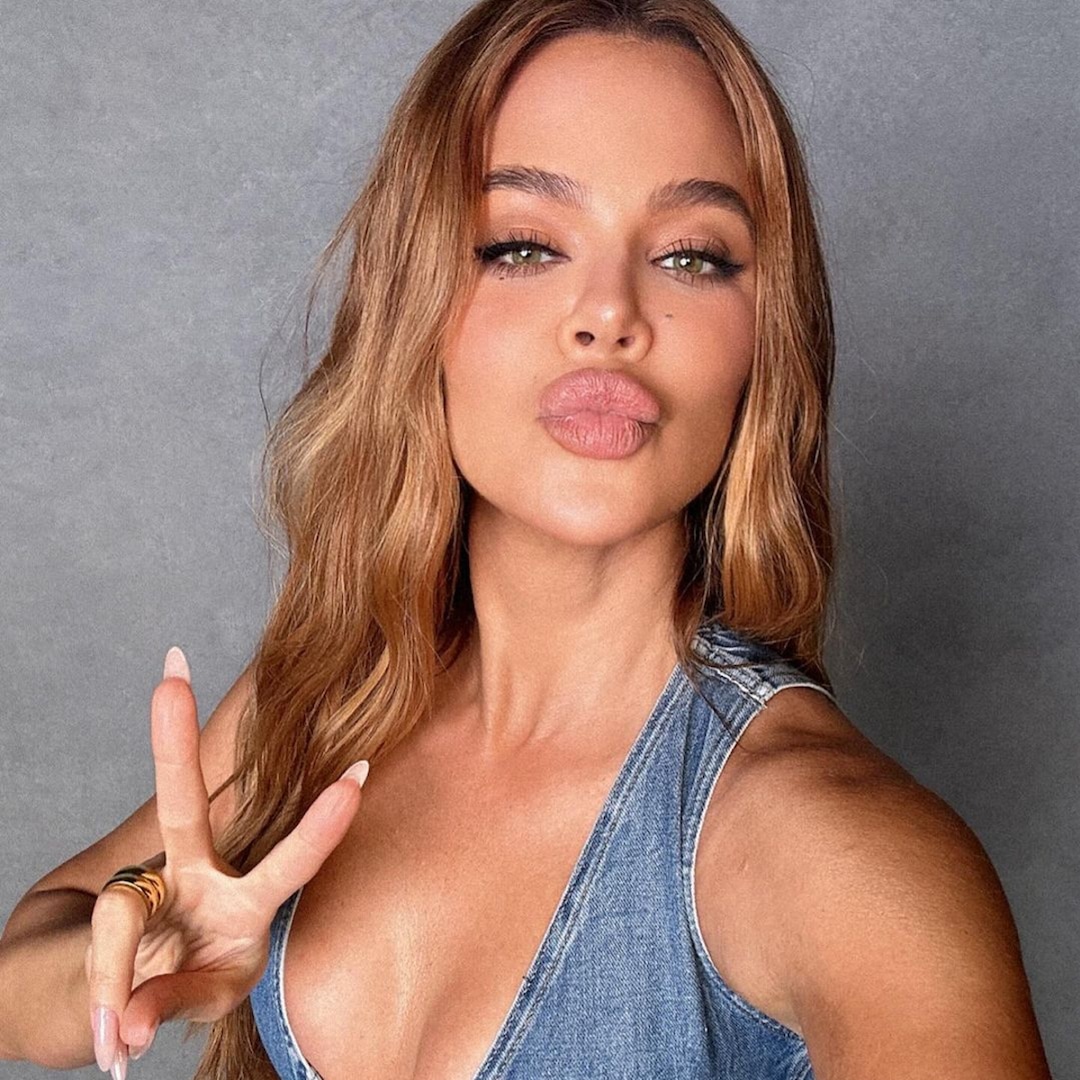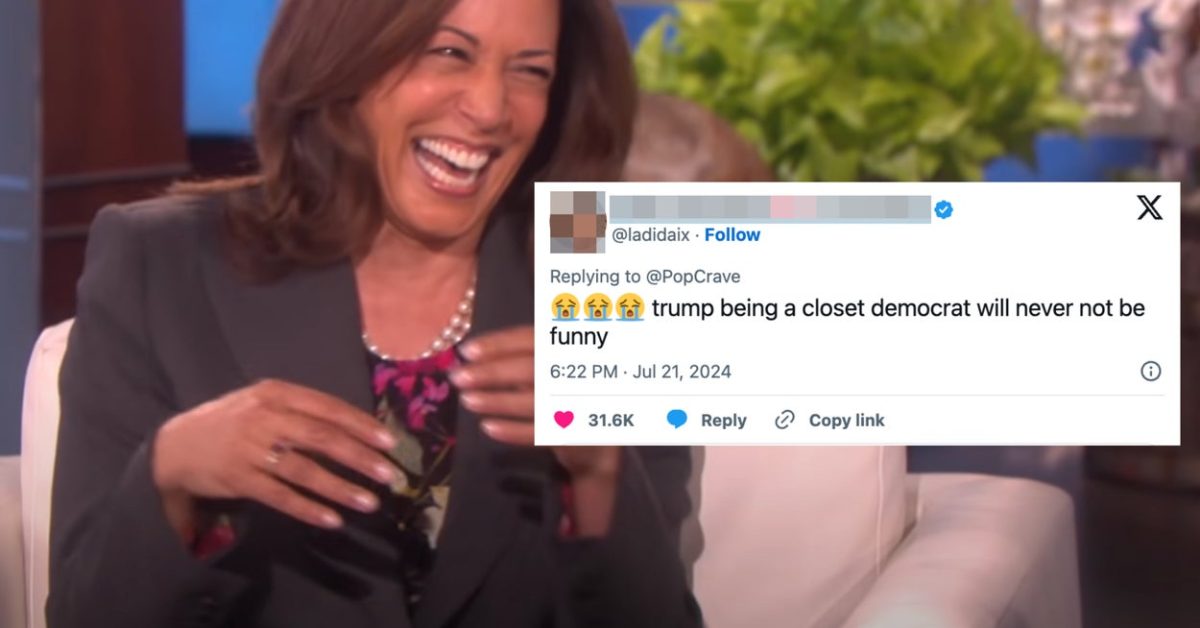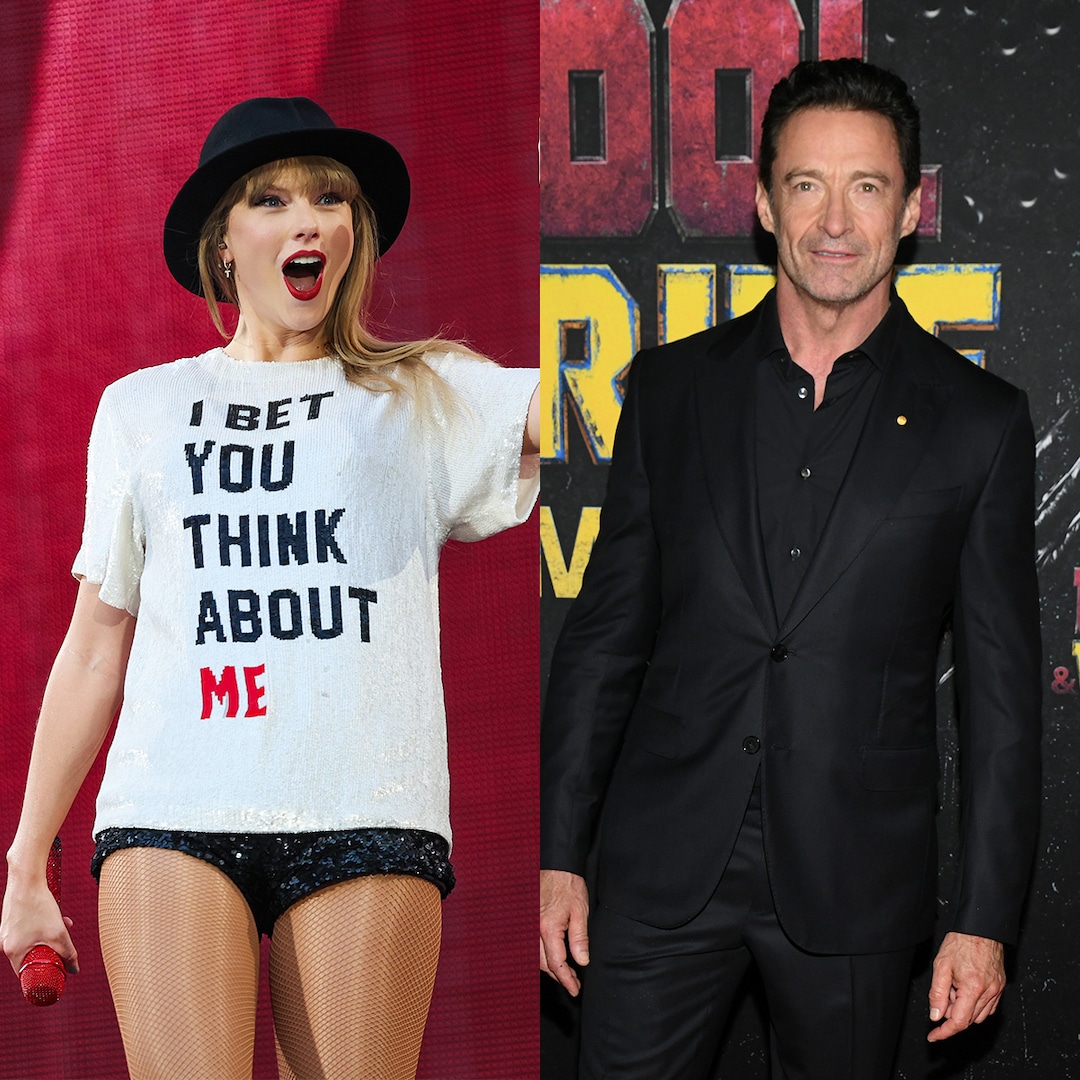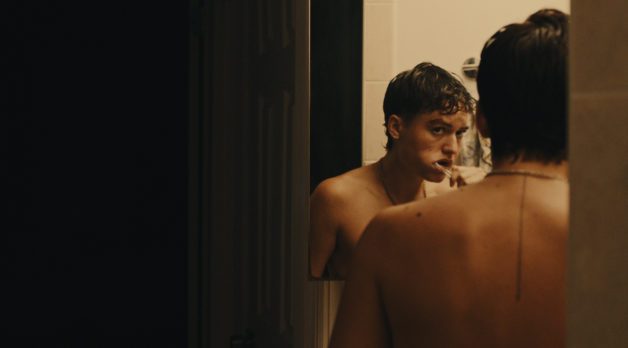
“This Movie Could Only Happen at This Budget in New York City”: Vuk Lungulov-Klotz on Mutt
Aug 18, 2023
Lío Mehiel in Mutt
A breakout at Sundance, Berlinale and New Directors/New Films this year, Chilean-Serbian writer-director Vuk Lungulov-Klotz’s debut feature Mutt is as scrappy and charming as its canine title.
Following a frenzied 24 hours in the life of New York trans man Feña (Lío Mehiel, the first trans actor to win the U.S. Dramatic Special Jury Award for Acting at Sundance), Mutt explores the constant micro-aggressions that trans people face daily—even in a supposedly hyper-tolerant locale, especially from loved ones—and the connections and community that make these encounters sting a little bit less. Even when Feña faces his capricious ex-boyfriend, moody tween sister and obtuse, somewhat estranged father visiting from Chile, the essence of the city itself, and the queer community it continues to foster, are a quick salve to even the shittiest day’s dilemmas. Above all, Lungulov-Klotz points to mutual empathy as the necessary ingredient for patching up rifts between people of vastly different identities, backgrounds and experiences, remarkably managing to avoid trite over-sentimentality.
I spoke to Lungulov-Klotz via Zoom weeks prior to his film opening at Film Forum in NYC via Strand Releasing on August 18. We discussed the etymology of the film’s title, the process of utilizing 37 Bushwick-heavy filming locations during Mutt‘s 24-day shoot, the idea of borrowing cars as an unorthodox New York love language and much more.
Filmmaker: Mutt as a title symbolizes the supposed “impurity” of mixed identities—race, gender, nationality, sexuality, language. In truth, though, a mutt is typically much more resilient than their pure-bred counterparts. How did you negotiate the negative connotations of the word with the reality of a so-called “mutt”’s strength and adaptability?
Lungulov-Klotz: I just wanted to take a word that was usually seen as negative and use it as armor. I think “mutt” also speaks about different intersectionalities and the in-betweenness of being trans. I think a lot of people try to force trans people into one or the other gender, and for me, it’s a completely different gender. You’re in between genders, sexuality is fluid, being biracial, not belonging to one specific thing. Like you said, [a mutt] is usually a stronger breed. Not that I’m trying to go specifically with the definition of “mutt” as a dog, but I kind of agree with that. I’m really excited about what the U.S. is starting to look like and what my friends look like. I have very few friends that aren’t mutts. I think there’s a pride in that. Whether you’re trans or gay or straight, you’re gonna be a mutt in some capacity. So I think everybody can see themselves in that word, I hope.
If I can digress a tiny bit, I think sometimes being a mutt is really complex, because you’re never fully accepted on one side or the other. So I think that’s also part of me trying to strengthen my own vision of, “There is strength in this.” Even though you don’t fit cleanly in one place, there is more room for empathy and a deeper understanding of the other, you know?
Filmmaker: A particularly potent aspect of the film is that even when cis and trans people create empathetic dialogues and sincere connections, trans people are still saddled with the onus of explaining themselves and justifying their very existence. I know you mined from your own experiences while writing the screenplay, but I’m similarly curious about overarching observations you may have gleaned from the NYC queer community in general.
Lungulov-Klotz: A lot comes from my own life, separated into two things. One is the early stages of coming out, and the other is the later years. They’re very, very different for multiple reasons. During the early years, not only are you struggling to explain some of these questions and answers to yourself, but you’re also simultaneously explaining to everybody else around you. I just remember feeling like, “You’re asking me questions that I wanna answer for myself, and I have the responsibility to teach you.” We meet Feña in a place that’s very far from where I am right now, but that need for the trans person to be the professor and have the responsibility to teach is always there. It’s ever-present in micro ways throughout your day or in really, really big ways. Even if someone does have a positive outlook on transness, you’re always going to be answering these questions, so I thought it was important [to portray]. It’s not even that I thought it was important when sitting down to write a script about a 24-hour period as a trans person, it was just unavoidable. I’ve had people complain to me or [laughs] I’ve read Letterboxd reviews that I shouldn’t read, where it’s like, “The writer didn’t let the character be just a human.” And I think that those people are mainly cis. Then I talk to trans people and they’re like, “Yeah, this is how my day goes.” When you’re cis, you don’t need to answer for yourself as much.
I would take it further and say that when you’re a cis man, you don’t need to answer or be fighting against these preconceived notions. So I think in those explanations that Feña gives, you see his tenderness or sharpness. The way he talks to his little sister is actually very tender, and he even lets her misgender him because he understands that it’s a long process and that she’s only had this idea for one day. But then with his dad, you clearly see a very long process that’s been taking place, and he has no more patience. [Feña] just has no more patience in general, and the entire day he has led up to that. So he’s like, “That’s it. I’m tired of explaining.” And I love that monologue he has at the end. As a trans person with Lío, when we were shooting that scene, I could really feel the two of us being like, “Yes, this is something I’ve needed to hear on screen and to feel seen.”
Filmmaker: It’s interesting because you say Mutt mines from your real life experiences, but at the same time you’re also exercising a level of catharsis on screen that hasn’t necessarily materialized in some of your personal interactions.
Lungulov-Klotz: Yeah, absolutely. I really wanted to approach the movie with empathy, maybe because that’s the way I approach storytelling in general. I love humans, and that’s why I want to tell stories about them. But I also wanted to have an ex-boyfriend or a father say something that’s wrong to invite them into this conversation. Essentially—I’ve said this a few times—I wanted to give them the empathy that I wish I would’ve gotten when I was coming out. Like, if you treat me as an equal or understand that what I’m saying is real and that I’m coming from a place of deep self-searching, you would just listen to me a little better.
I’ve been out for 10-plus years now, and it’s very different these days. I think I talk more about being trans through this movie than in my daily life. I found a lot of family here in New York City, which is a very queer city. My favorite moments within those relationships are when we forget we’re trans, when we’re talking about something and we’re like, “Wait, why is that so difficult for us? Oh, right, we’re trans.” That’s really nice. I’m always trans and it’s always a part of me, but it’s nice to not have it be this alarm blaring in your brain all the time.
Filmmaker: Speaking of those character dynamics, the cast is obviously amazing and has great chemistry all around. Lío Mehiel does a lot of the heavy lifting, but the supporting cast really gives him a run for his money. Cole Doman is great as the fickle ex, as is MiMi Ryder as Feña’s kid sister. Alejandro Goic also gives a brief but powerful performance as Feña’s father. How did you work with your actors to bring the script to life, particularly when you had minimal rehearsal time?
Lungulov-Klotz: I really love my actors and hope that comes across in this movie, and in all my work. For me, the actor does carry the film, and we just add everything around that. Finding Lío was an incredible journey—a very long journey—but I was really happy that we found him.
I’m not very spiritual, but I do believe in some form of magic on earth. A lot of things fell into place when it comes to Lío, his performance and his attachment to Feña’s character. He had never played a multiracial character, a trans character, or, essentially, a character that was so close to who he is. For him, it was really easy and maybe at the same time hard to play a character that is so close to his skin. But I’ve heard Lío talk about this, and he says that each [co-star] gave him a different masterclass about acting. It was true. You could see him react very differently with each actor—feel more at ease, or tense, or like he really needs a hug.
I chose Cole because I think he’s an incredible actor. I had been following him for a few years and was really excited to cast him. I didn’t cast him because of this, but it was an amazing bonus to cast a gay actor in a straight role, because I think that created a really safe space for Lío and Cole to explore some aggressive conversations and really sensual moments that I think might have been lost if a straight person played it. I think his queerness, and their queerness together, really informed that character. Every queer person has had to come out and have a secret. I think Cole knows how to hold a secret and I really wanted him to be holding a lot of emotions. With MiMi, she loves her older sister, and Lío has a lot of siblings, so they clicked. The most riffing in the movie was between them. They were just playing a lot and it was a joy to be around.
With Alejandro, I didn’t even know this about him until he flew here from Chile, but we were having a beer and he started telling me about his daughter who grew up in Switzerland and doesn’t speak Spanish. So he actually has a daughter that he communicates with in English, and we hadn’t talked about that until he was here ready to film. So I know that he was taking a lot from his life, and he’s just an amazing actor. I think Lío was eager to get into the room for those scenes, for himself as a person to hear those words. The ending is, I think, as raw as Lío gets on screen. He’s really grateful for the words he’s receiving and it was just beautiful.
Filmmaker: That’s all very serendipitous. I think that many directors, as atheistic or agnostic as they might be, tend to think that some sort of otherworldly miracle is occurring on set, otherwise it just wouldn’t work.
Lungulov-Klotz: Yeah, it’s a string of miracles. That’s what I’ve been saying [laughs]. Lío says this a lot, but it took two years to find Feña, and he hadn’t gotten top surgery until two years before the filming. He hadn’t given himself the space to come out and want to play trans roles. So even finding him was a very timely situation, and I think that was the case with everything. But yeah, I believe in movie magic.
Filmmaker: I also wanted to ask how Silas Howard came on as an executive producer.
Lungulov-Klotz: Silas Howard has been my mentor for many years. I met him through another mentor of mine, Ira Sachs. I love the two of them. They’re kind of like my two fathers. He’s an idol of mine. We had been talking about the script—he knew a lot about me and had been guiding me—and I asked him if he would EP as a blessing to the movie, and he said yes. He was really excited and proud to be part of it, so it was a pretty organic process.
Filmmaker: That’s great. By Hook or by Crook is a favorite of mine.
Lungulov-Klotz: He’s been doing it for so many years. There aren’t that many older queer figures to look up to. Even when I was just coming out, I only had like two people that I was like, “Oh, if they did it, I can do it.” And it was Silas Howard and Ivan Coyote, this Canadian writer. They really did pave a road and I’m so very grateful to them.
Filmmaker: Something else that I’ve been excited to touch on is the fact that you used 37 filming locations during this 24-day shoot, which must have been insanely stressful, In my eyes, you managed to pull off making this film feel so authentically rooted in the day-to-day navigation of this particular neighborhood in the city, which just happens to be exactly where I live. I recognize like 90% of the filming locations that you use, which is really fun. Can you walk me through how you chose these locations and if you feel that they have any sort of pertinent reflection on the young, queer landscape of New York City?
Lungulov-Klotz: I can only speak of my particulars obviously. I’m currently in my sister’s room, because I sublet my place since I’ve been traveling so much, but that’s my neighborhood and I really, really love it and wanted someone who’s lived there to recognize it while not putting New York City as the center focus of the movie. One of the reasons for doing 4:3 was to edit out a little bit of the image and just focus on the [actor on screen’s] body. New York is oversaturated with stories, but it’s still very important to keep telling stories here. People have flocked to New York to be themselves, though it’s obviously a queer story here. But yeah, that’s my laundromat, that’s my friend’s bar. The bar that we open in is called All Night Skate, and it’s owned by a very good friend of mine, Mitch, who with his ex-partner wanted to create a space that wasn’t a gay bar, but was a queer space that could redefine nightlife a little bit. So I really love that and I think that it’s reflective of the community redefining queerness. It’s not a binary thing, but something that we can all exist in. And yeah, I’ve been doing G&E for eight years in New York, so I know the city very well [laughs]. I know where I can and cannot shoot, where a quiet street is. I think in a small way [the film] is a love letter to the New York that I know and that I was able to encapsulate in that moment. New York is also very rapidly changing.
Filmmaker: Logistically, how did you manage to pull off shooting in that many locations in such a short window of time?
Lungulov-Klotz: We had a small crew. My knowledge of the city and of G&E was very useful when it came to sitting down and talking about schedules. We were really pushing our crew. Some days we were moving four times a day.
Filmmaker: Oh my God.
Lungulov-Klotz: Yeah [laughs]. It was contained in terms of where we were moving, but moving a crew is a lot of work. When you see “company move” on a call sheet, you don’t wanna show up. But because of my eight years of experience, I was able to ask some of my best friends to crew for me. So there was a lot of love and patience that maybe someone who just hired unknown people wouldn’t have had. You could tell when we were shooting scenes that people wanted to be there and were really excited to see this. There’s a lot of G&E boys and girls out there who are just proud to see a grip being a director and have a weird kind of leap that you don’t really see. So yeah, just lots of favors. I didn’t ruin any friendships though, which I’m really proud of [laughs]. We shot in my best friend’s house, in my house, my friend’s bar, the laundromat across the street where I go to do laundry. We illegally shot in the subways, lots of city shooting—which if this was a movie shot in LA would not happen. New York laws about shooting in the streets are a lot looser. This movie could only happen at this budget in New York City.
Filmmaker: That’s another miracle.
Lungulov-Klotz: Yes, absolutely. And on heels of COVID, which nobody [on the crew] got.
Filmmaker: Something that also really sticks out to me is the production design, which is so authentic I almost wonder if a lot of these locations were virtually filmed as-is?
Lungulov-Klotz: Alanna Murray is the production designer, and she was incredible. Again, she’s someone that I went to college with and I’ve known for 10-plus years who really poured herself into the project. So no, that’s all her, And she’s a Bushwick kid, she lives in one of those converted lofts and she’s very DIY. I was excited to bring her into the project and have her very Bushwick eye in the film.
Filmmaker: You were talking about your below the line experience working as a grip and G&E. It really translates to the film—it’s awash in this gorgeous and very cohesive haze that translates from dimly-lit strobing club scenes to outdoor downpours to dingy bathroom interiors. What conversations did you and your DP, as well as the rest of your crew, have in order to orchestrate this visual cohesion?
Lungulov-Klotz: Everything’s been really hasty. We shot last September. I had a DP drop and had only two months of pre-production with [DP] Matthew Pothier. I approached him and was so excited to work with him. I already knew that he had an amazing eye. We spent, I would say, a month of those two months reading the script together and talking about the objectives of each scene emotionally.
I think he’s incredible. He’s not a flashy DP—he could be—but he’s all about what the essentials are to tell this story, especially given what we had to work with. So I think it was more about emotion, and me having been a gaffer and a grip. But I think it was also really easy to talk about the technical side, because we were speaking the same language in that sense. It was just about getting to know each other. He came over and stayed in New York for a month before [shooting], and we would go around [location] scouting on Citi Bikes, talking about New York and going to different bars to look at the lighting. He was also very conscientious of the trans gaze and how he could check his male gaze at the door and really listen to me. Especially when we shot the making out scene, I remember after we called “cut,” he was like, “God I felt like a pervert. I would’ve never filmed a scene like that.” And I was like, “No, the body is so important for trans people. I want you to be that close. I wanna see the scars.” He was like, “Yeah, whatever you want, Vuk.” This movie could have been so many different versions of itself, but the movie that I made with him—and similarly with Lío—it’s a much calmer version. I wanted everything to be handheld, and then every time he would finish a shot listing it was all sticks. Matt is a calm person, and within the movie there was already so much happening that it was good to let it happen within the frame and stay there observing it.
Filmmaker: The subplot of securing a car in NYC shouldn’t be so relatable, but it totally is, especially in these neighborhoods. What inspired this plot point?
Lungulov-Klotz: Getting a car in New York is a whole ordeal, and I don’t think people understand it until they’ve lived here how much of a subject matter it is. If you have a car, it’s like a child. If you don’t [have a car] and you need to go out of town, it’s a crazy thing. But simultaneously, I wanted to give Feña a world that does support him. He has friends that support him. He has a friend that lends him a car and it falls through, but that love is still there. That’s his found family.
My father is Serbian and he lands in Newark all the time, and up until recently I didn’t know how to drive [laughs]. I would go get him on the train, and it was like three hours there and three hours back. I don’t know, I think it’s a really subtle yet large show of affection to go out of your way to make someone comfortable and pick up your father like that. Car is his love language [laughs].
Filmmaker: I think for a lot of New Yorkers, that is the ultimate love language.
Lungulov-Klotz: And I love that it’s the ex-boyfriend that’s helping him. I just love that history being present. Even though you can have a complicated relationship with someone, they understand what you need and how important it is, and they’ll do that for you. [Feña] is also wearing his ex-boyfriend’s jacket when he picks [his father] up. There’s this protection of your friends and your ex-boyfriends when you’re facing your father or your mother, et cetera. So that was important for me.
Filmmaker: Finally, I want to ask if there’s anything on the horizon for you as a filmmaker that you’re keen on sharing? I remember hearing that you had a couple of scripts you were working on, as well as being open to the idea of directing another writer’s screenplay.
Lungulov-Klotz: Absolutely. I have two scripts that I’m actively writing. One’s kind of on the shelf, but there are two that I really love and one that has my heart, which I’m really excited about. I can’t say much about it because I don’t wanna jinx it, but it’s a genre-bending film that takes place in one location. It’s a very different landscape, more of a erotic thriller, horror-esque space. If there was any sensuality you saw in Mutt, this is gonna be all over that. It’s kind of a cis, straight story with a very queer lens. Now, there’s some queer stuff in it, but I’m excited to show a different range and use a different playground to tell these stories.
Publisher: Source link
Lamorne Morris Thinks Kamala Harris Has This Advantage Over Donald Trump
Trump said that President Joe Biden, who dropped out of the race on Sunday while recovering from COVID-19, never really had the infection. “Really? Trump thinks Biden never had COVID?” Morris said on Monday. “You don’t pretend to have COVID to get out…
Jul 26, 2024
Khloe Kardashian Is Ranked No. 7 in the World for Aging Slowly
Khloe Kardashian's body is out for more than just revenge. In fact, the 40-year-old is one of the world's slowest agers—a revelation she learned after taking a blood test to determine her body's biological age compared to her calendar age.…
Jul 26, 2024
Reactions To Trump’s Kamala Harris Donation
Just as many white Americans used their Obama vote to excuse their internalized racism, Lauren Boebert seems to have adopted this same ideology, ignoring Trump's long record of racism against African Americans, Mexicans, Hispanics, Native Americans, Muslims, Jews, and immigrants, and discrimination against women and…
Jul 25, 2024
Hugh Jackman Reveals What an NFL Game With Taylor Swift Is Really Like
Hugh Jackman is happy to fill any blank space in Taylor Swift’s NFL game suite. In fact, the Deadpool & Wolverine star recently detailed his experience attending a Kansas City Chiefs game to root on Travis Kelce, alongside Ryan Reynolds,…
Jul 25, 2024








